Remains of WWI Infantry Men Found 2,700 Meters Above Sea-Level
The melting glaciers high in the Dolomite mountain range of Italy have led to the discovery of infantrymen who died over a century ago during World War I.
A hiker stumbled upon the remains of the soldiers after trekking through a region some 2,700 meters above sea level. The soldiers could shed further insight into the treacherous battles that occurred during the Great War.
The Assassination of Franz Ferdinand
Historians generally agree that the assignation of the Austrian Archduke Franz Ferdinand was the primary reason for the outbreak of World War I across Europe.
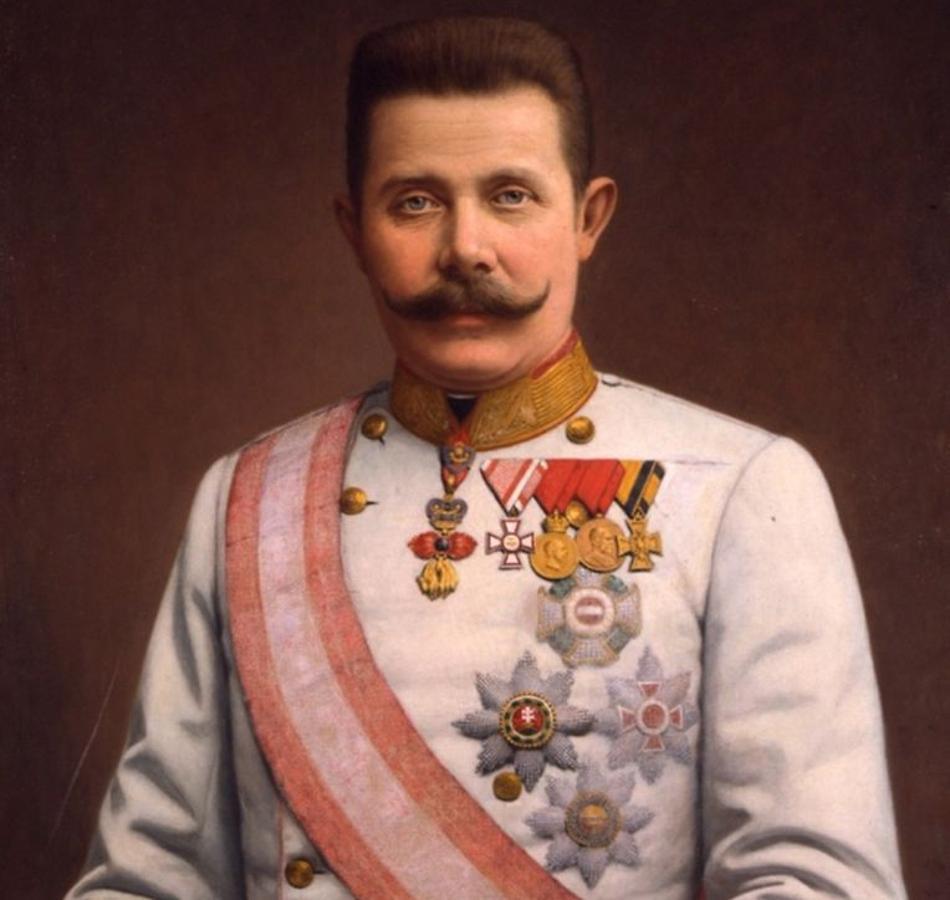
Source: Wikimedia
Austria-Hungary blamed Serbia’s involvement with terrorists for the death of their beloved Archduke. Feeling as if they were left with no choice, they declared war on July 28, 1914.
War Breaks Out Over Europe
Due to treaties between nations at the beginning of WWI, various European nations were dragged into the war. Germany had a strong alliance with Austria-Hungary and formed one camp known as the Central Powers.
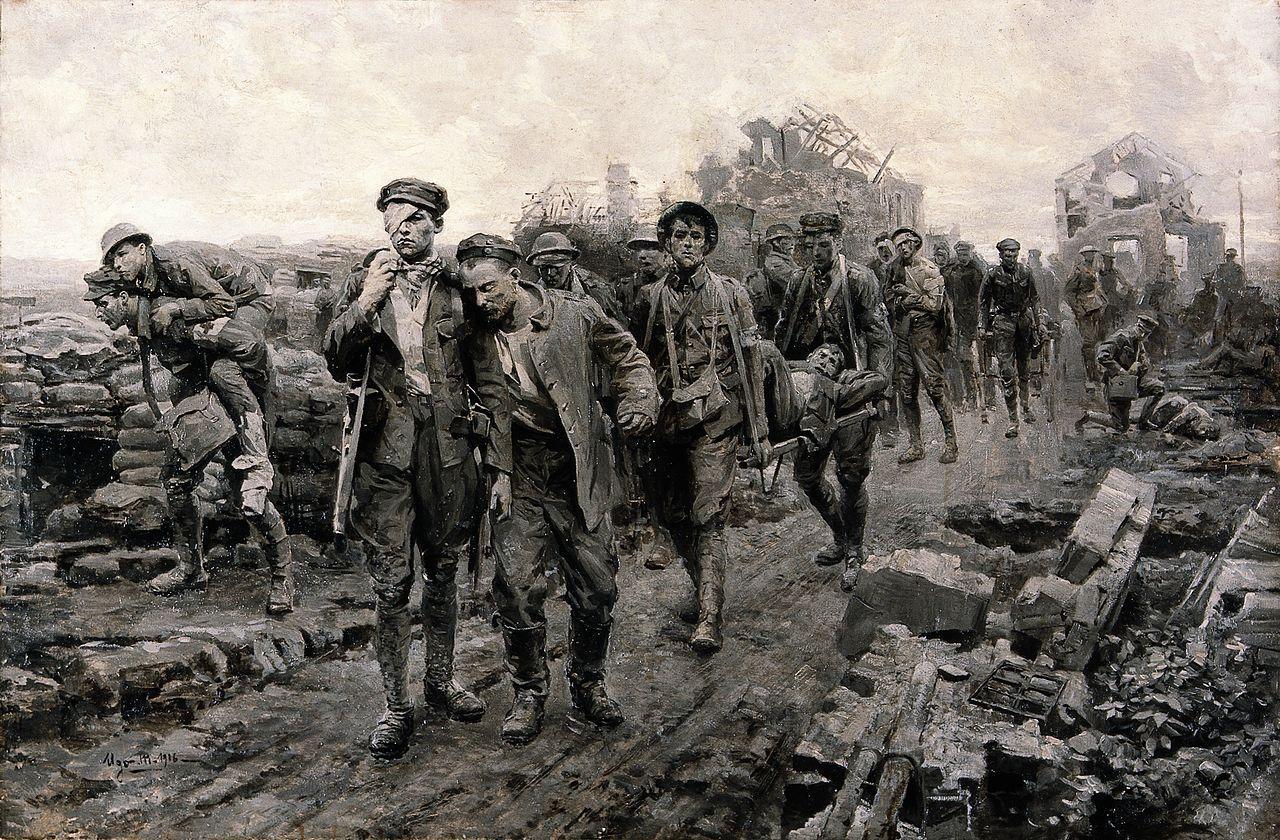
Source: Wikimedia
On the other hand, Serbia was allied with Russia, which, in turn, was part of the Triple Entente between Great Britain and France. This camp became known as the Allied Powers.
Casualties of World War I
During the initial stages of the war, none of the nations could have imagined how long the brutal conflict would last nor the unprecedented loss of life that would ensue.
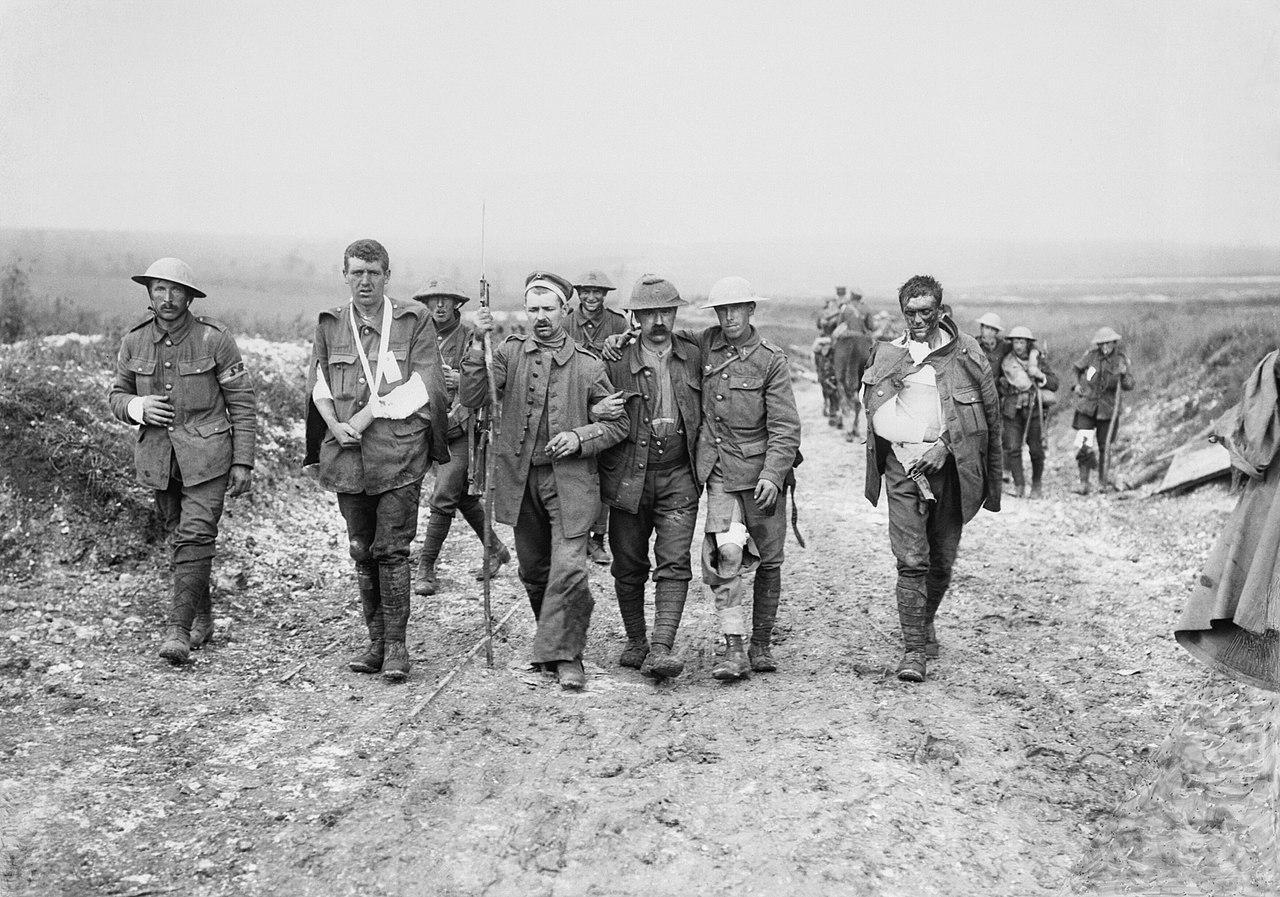
Source: Wikimedia
The Great War lasted from 1914 until November 11, 1918, following Germany’s decision to sign an armistice agreement with the Allies. Known as the “war to end all wars,” WWI resulted in the death of over four million people.
Battles of World War I
World War I produced some of the deadliest battles ever recorded in history, such as the Third Battle of Ypres, which resulted in the loss of over 585,000 people.
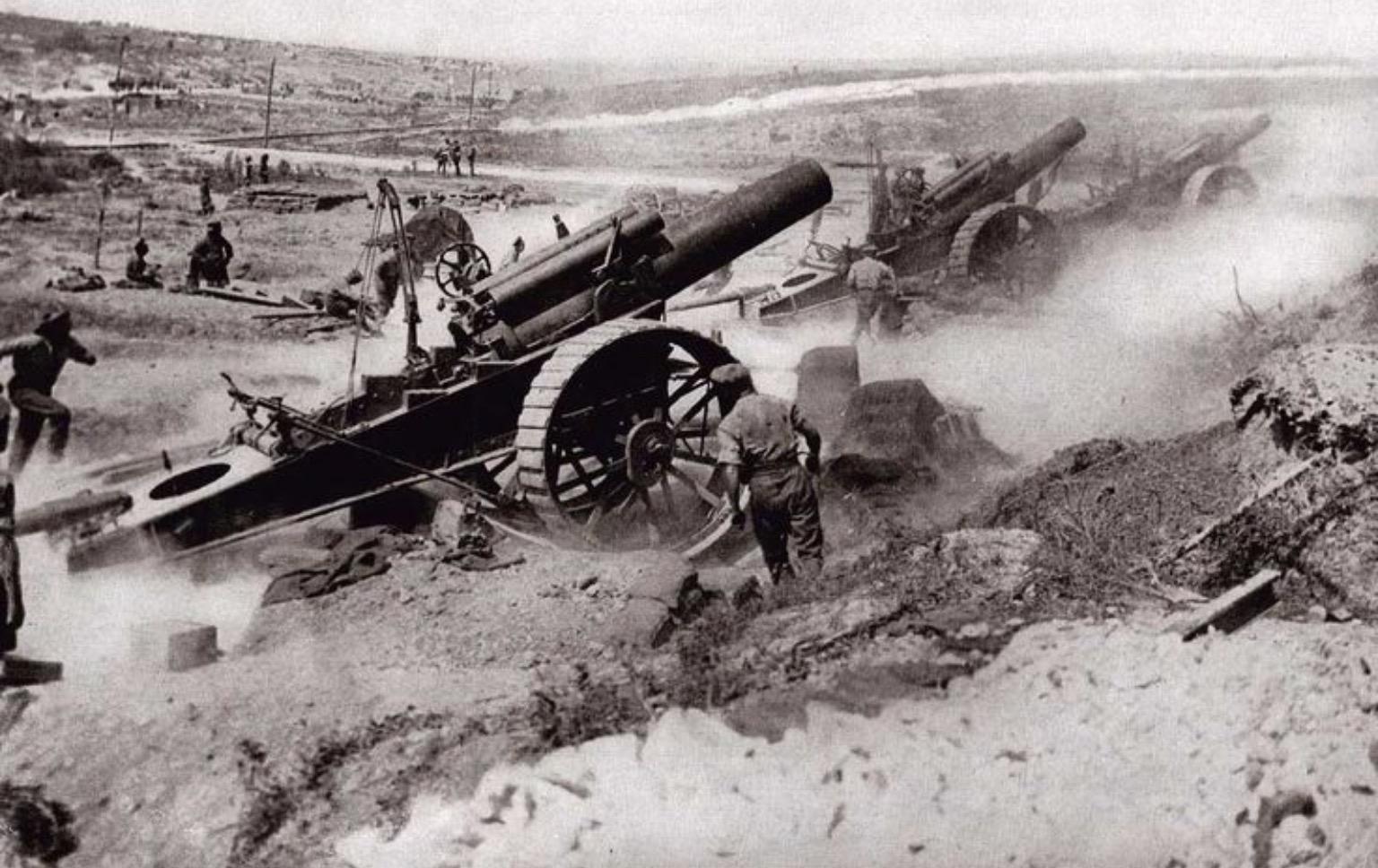
Source: Wikimedia
To this day, the remains of soldiers and items of war are still being discovered across Europe. One recent discovery caught the attention of researchers after being unearthed over 2,700 meters above sea level.
Italian Hiker Stumbles Upon a Body in the Mountains
A hiker was making his way across the Marmolada, the highest mountain in the Dolomites of Northern Italy, when he noticed some unusual sticking out of a melting glacier.
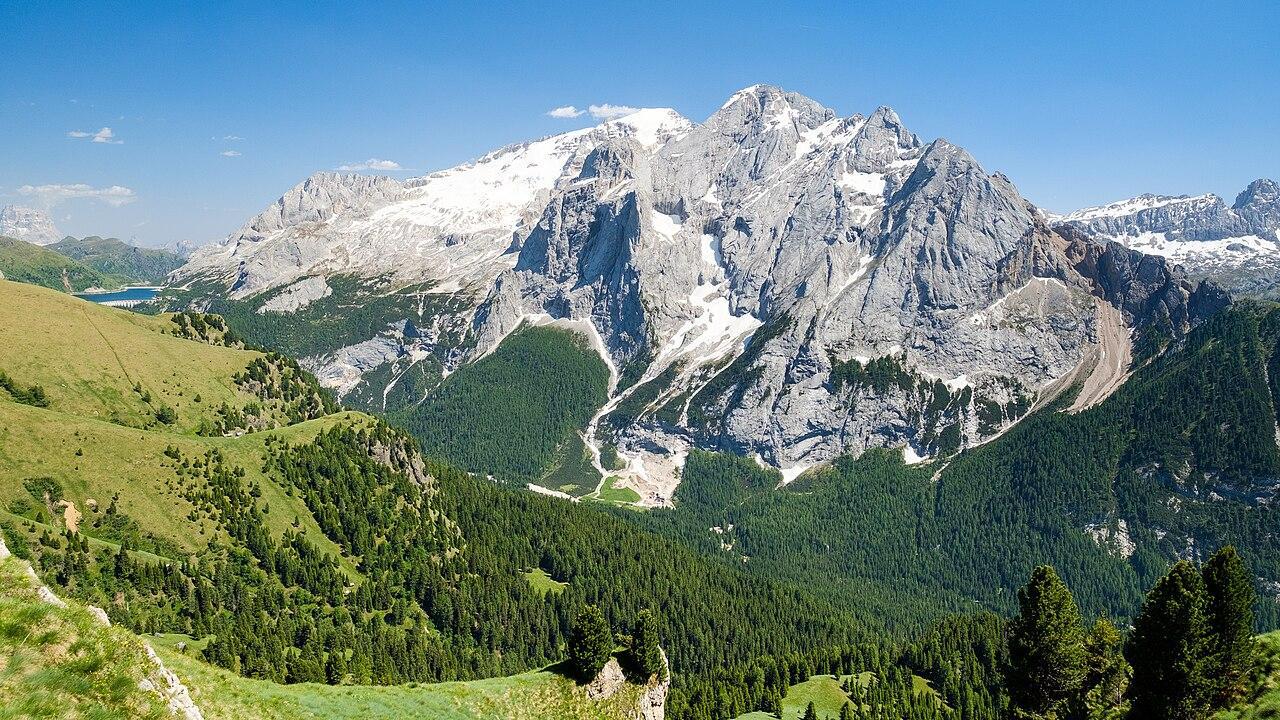
Source: Wikimedia
Upon further inspection, he realized it was the remains of a body trapped in the ice of the Italian Alps and later contacted the authorities to disclose the discovery.
Two Soldiers From World War I
It was later confirmed that the remains of two soldiers dating back to World War I were discovered in the melting ice in Italy’s Trentino Alto Adige region.
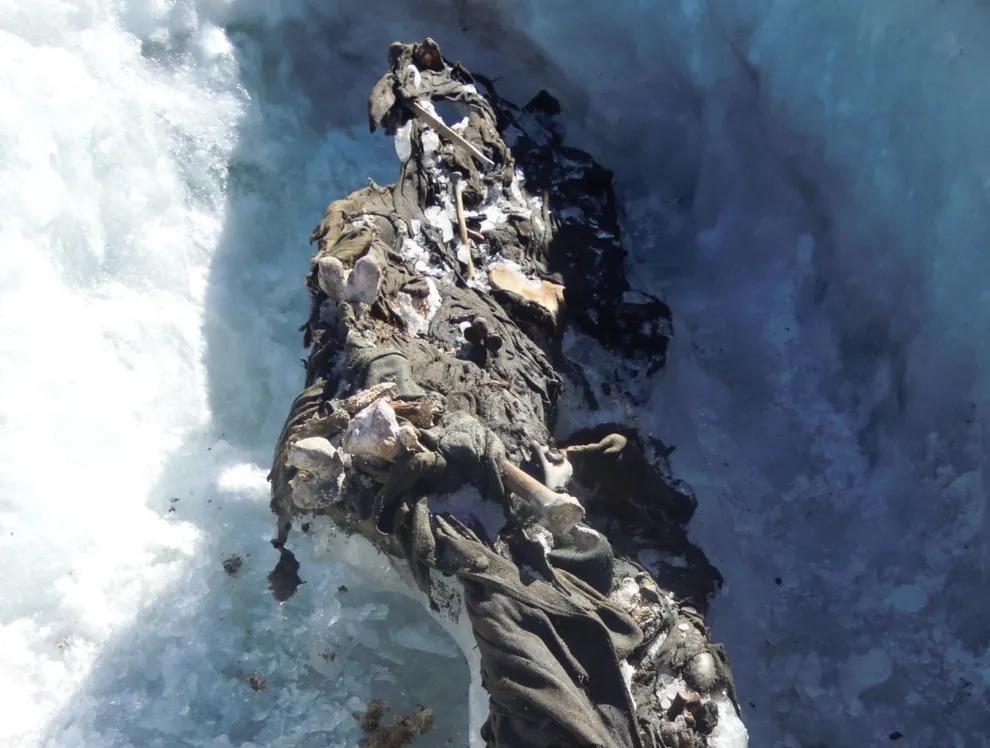
Source: Office for Archaeological Finds, Autonomous Province of Trento
According to a statement from the Carabinieri police in Trento, the men were discovered at an altitude of over 2,700 meters and could be identified, thanks to their dog tags.
Italian Police Recover the Bodies From the Mountains
Carabinieri police, working alongside finance police from the Rolle Pass, next to the Moeana mountain resort, embarked on a mission to recover the bodies of the fallen soldier.
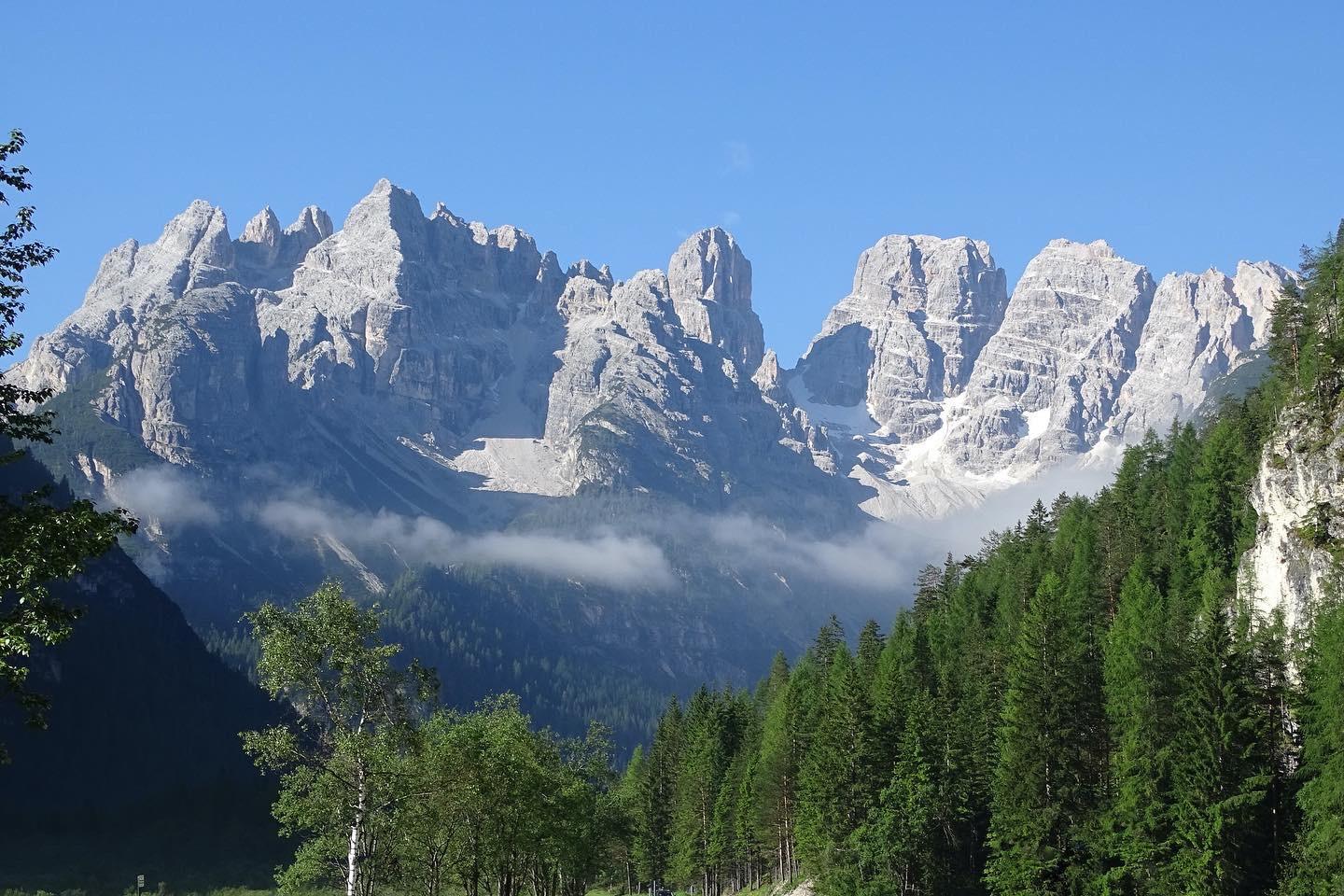
Source: Wikimedia
The bodies of the two men will be taken to Canazei and will be buried at Asiago, a military cemetery that houses many fallen soldiers.
The White War
The deceased individuals are thought to have served in the Como Brigade, which fought in the White War, a prolonged series of battles between Italian and Austro-Hungarian troops.
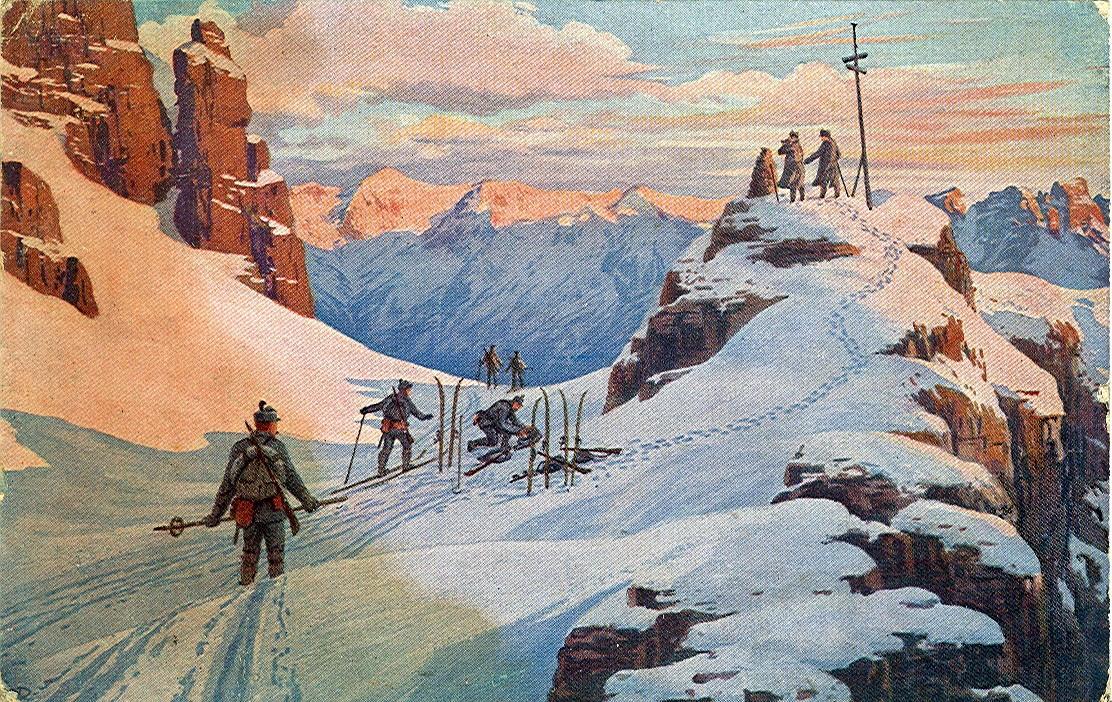
Source: Wikimedia
This conflict occurred in the high-altitude Alpine sector of the Italian front beginning in 1915 and continued for three years until 1918.
Soldiers During the White War
Over the past century, numerous artifacts have been recovered from the conflict between the Italian and Austro-Hungarian groups, some of which took place over 12,000 feet, or 3,600 meters, above sea level.
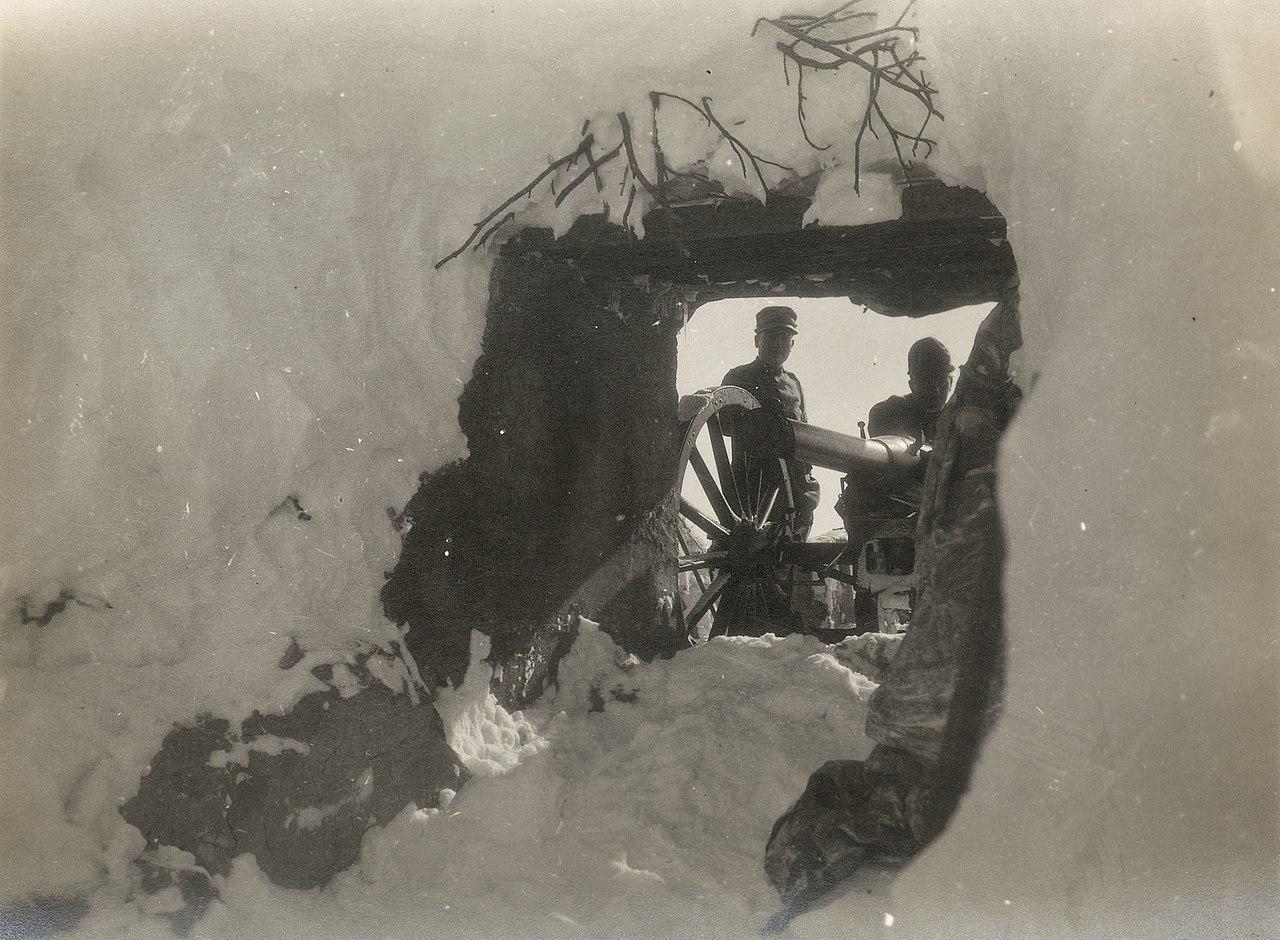
Source: Wikimedia
During this war, both sides endured brutal conditions as they constructed roads, dug tunnels, leveled peaks, and laid telephone lines while engaging in armed conflict.
The Torments of War
Stefano Morosini, a researcher at the University of Milan and author of a book on the history of Italian mountaineering, detailed the brutality of the White War in a written piece.
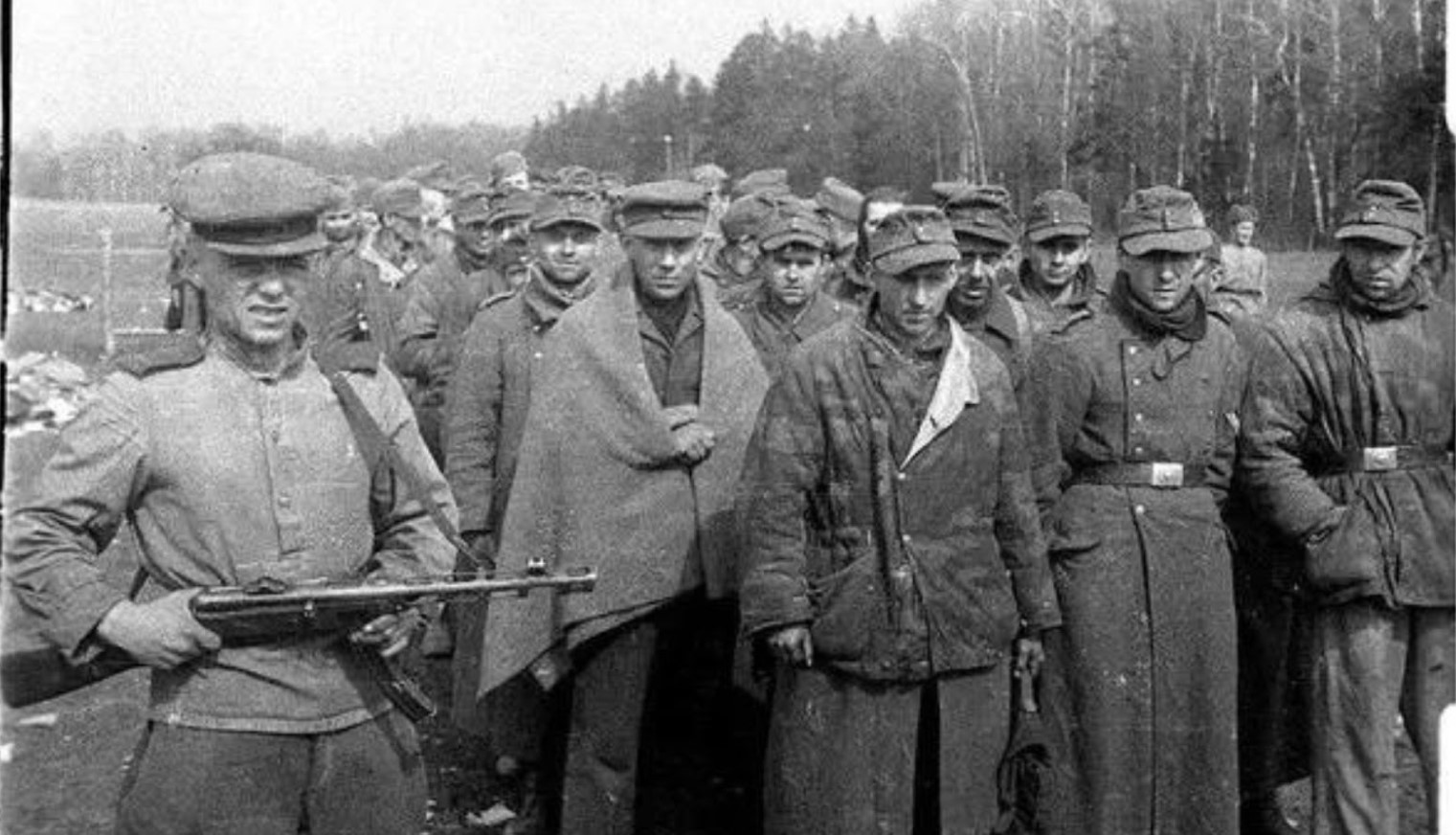
Source: Quora
“In accounts of the period, in war diaries—whether they be Austrian or Italian—we find the same stories of the terrible hardship caused by the lack of sleep, the torments, and the massive snowfalls,” he said.
The Brutality of War
The remains of the fallen on these mountainous peaks, such as the two new soldiers discovered on Marmolada, showcase the brutality of the war, an event that many would never return home from.

Source: Freepik
As glaciers continue to melt in the mountainous regions throughout Europe, explorers and hikers will likely stumble upon other deceased soldiers and artifacts from the major European wars of the 20th century.
